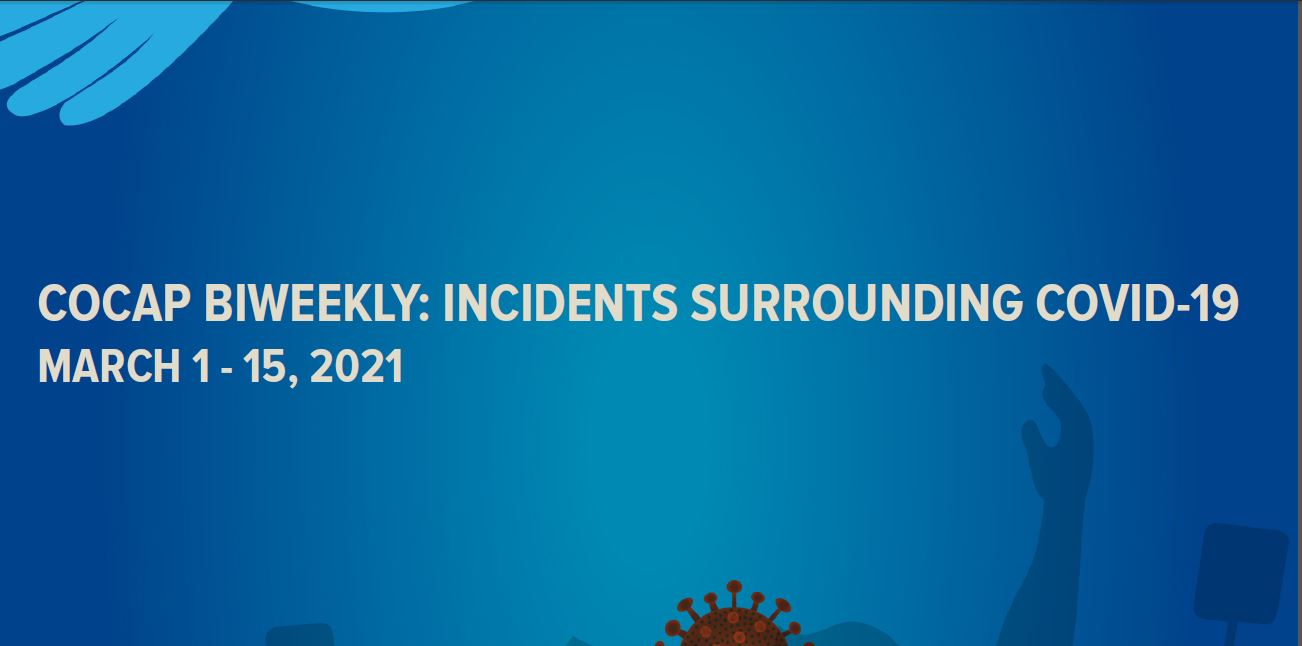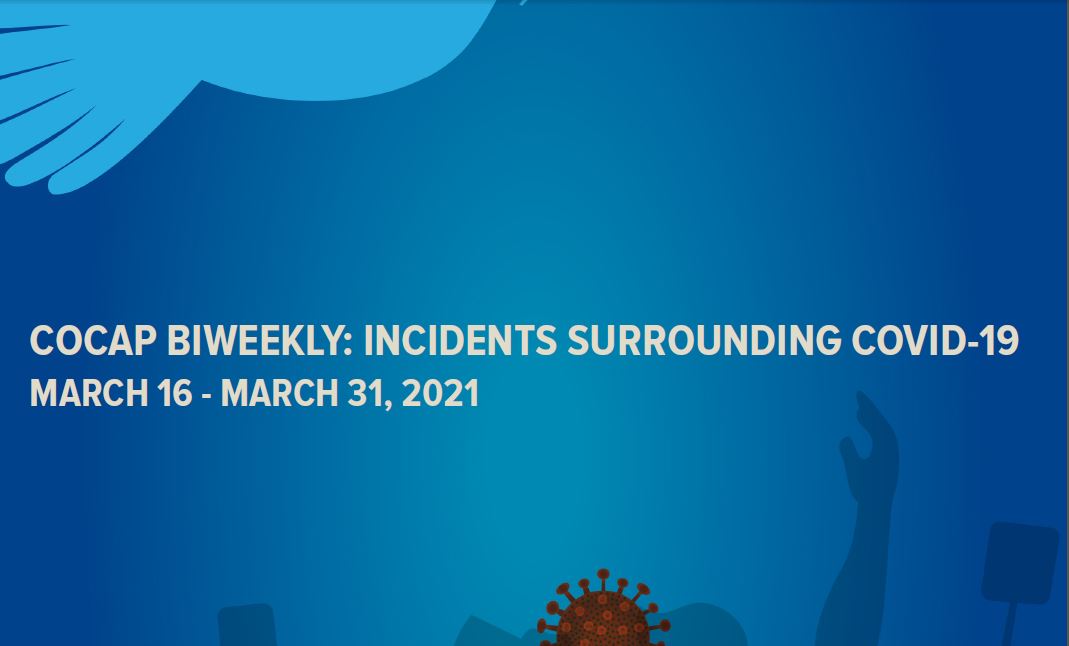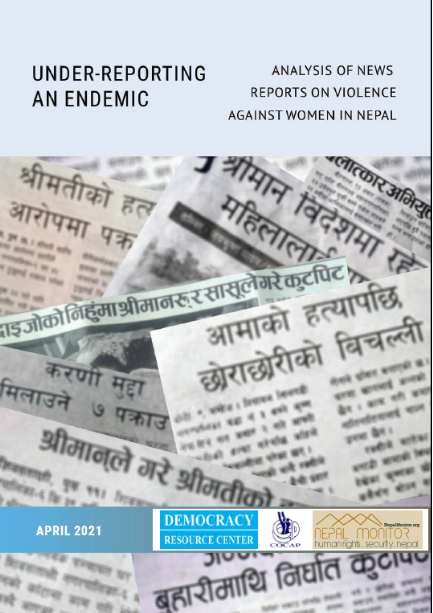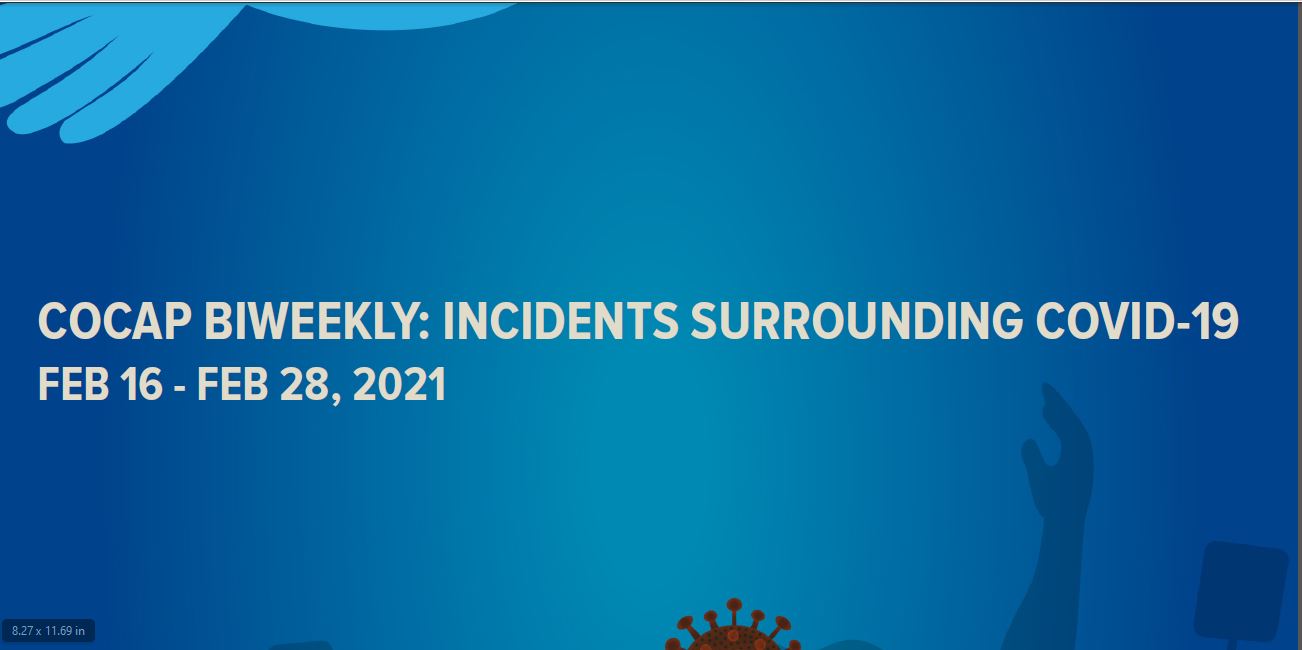The #MeToo movement against sexual violence that began in the United States last year, bringing down Hollywood heavyweights like Harvey Weinstein, seems to have finally arrived in South Asia, with several powerful men in Bollywood, the Indian media and comedy being accused of harassment. As women, and men, continue to speak out against their harassers, what has begun in India could ignite similar movements in the rest of South Asia, including Nepal. Nepali society is dominated by patriarchy, and it could only be a matter of time before the #MeToo storm alights in Kathmandu and exposes the horrors hiding beneath the masks of this city’s patriarchy.
Contrary to what many assume, sexual harassment is not that difficult to define. It constitutes persistent sexual advances or obscene remarks despite the protestations of the offended party.
Harassment in the workplace can range from explicitly physical and verbal to implicit and non-verbal. While unwanted touching and hugging are the most common forms of physical harassment, verbal harassment can come in the form of using obscenities, making suggestive remarks or inappropriate jokes. Obsessive staring, obscene gestures or displaying sexual content on print or any electronic devices comprise non-verbal harassment. When these behaviours become prolonged and continue despite warnings to stop, it is grounds for legal action, according to the Sexual Harassment Prevention Act 2015.
In recent months, there has been some discussion online over what actually constitutes sexual harassment. Some men felt they are under attack because any form of casual behaviour towards women could be constituted as harassment. Others have asked if a hug can be considered harassment in this #MeToo campaign. The short answer is that yes, it can. Any behaviour that makes women uncomfortable or takes place without explicit consent or happens within a professional setting where refusal can result in consequences for women can be considered harassment or misconduct. The message needs to be sent loudly and clearly that professional settings demand professional conduct and anything outside of that should be considered inappropriate.
A defining characteristic of the #MeToo movement is that the kinds of behaviour that men have long considered ‘normal’ and ‘natural’ are actually inappropriate and offensive. The movement is about a deconstruction of the pervasive patriarchal culture that treats inappropriate behaviour as reflexive. These behaviours most often take place in a professional setting, where men in powerful positions are able to get away with sexual harassment because women are in vulnerable positions, especially when it comes to their careers.
As prominent Indian men are finally being exposed for their lecherous, offensive, and sometimes criminal behaviour, one can hope that Nepal will follow suit. Given Kathmandu’s tight-knit social circles, coming out with such allegations might be difficult, but there are simple things people can do to make it easier for women to tell their stories. Listening to and believing women when they speak out is the most important step, since such an act takes courage and a willingness to expose yourself to all kinds of attacks. It is also imperative for workplaces to take sexual harassment seriously and train their human resource to handle such cases adeptly.
Awareness about what constitutes sexual harassment should start early on, in schools and colleges, and at home with parents. Cases of sexual harassment will thrive in a culture where women’s consent is deemed immaterial. Unless we espouse values that teach consent and respect, women will remain at risk of abuse and harassment.


_001.png)




